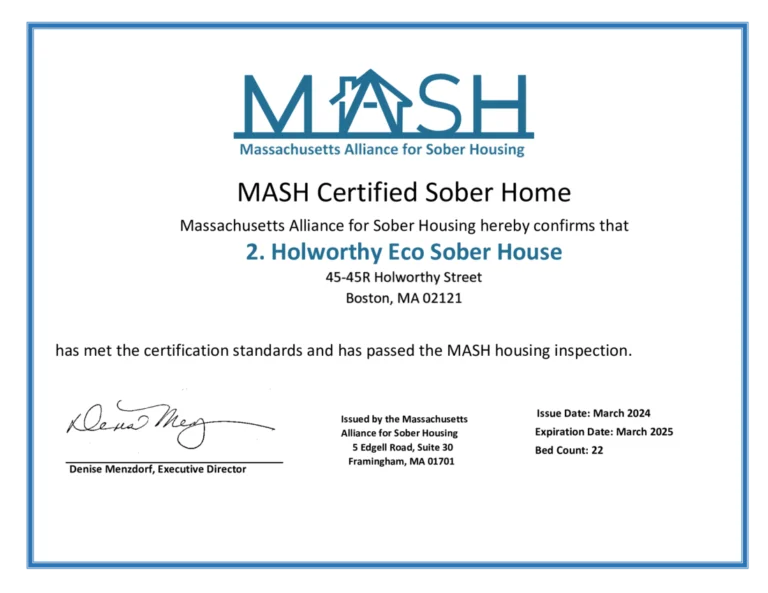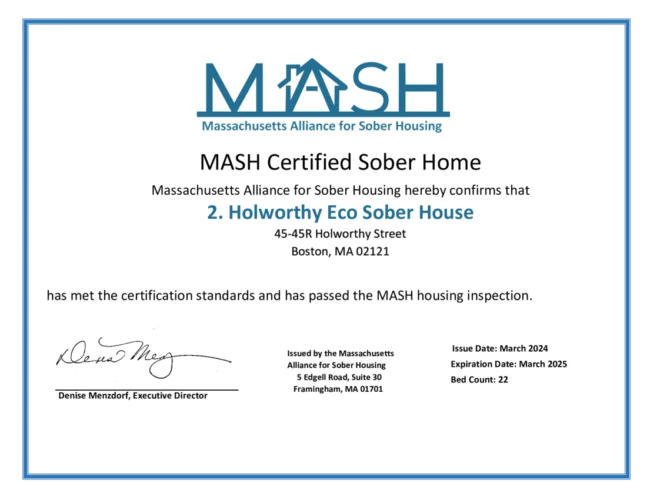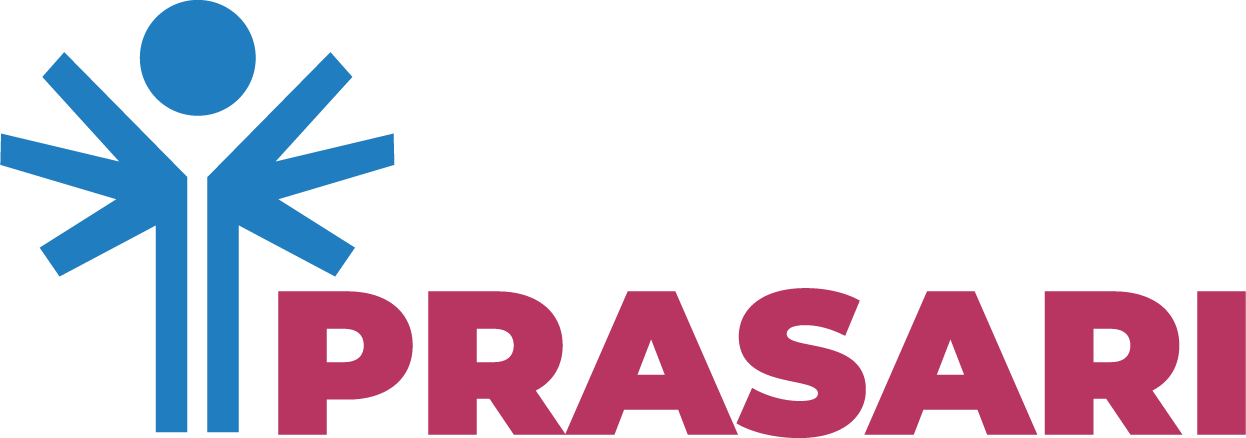
If you’re living with alcohol use disorder, you might be tempted to quit “cold turkey,” or immediately. However, if you’ve been drinking alcohol heavily for a long time, experts advise that you do not stop drinking suddenly. Healthcare professionals can help you get medical and psychological help to deal with withdrawal symptoms and underlying issues that may be influencing you to use alcohol. It can have extreme effects on people’s personal and professional lives, even in mild cases.
What are the complications of this condition?
- Ethanol, which we commonly refer to as alcohol, is in a class of psychoactive drugs known as depressants (Figure 1).
- Contributors to this article for the NIAAA Core Resource on Alcohol include the writers for the full article, content contributors to subsections, reviewers, and editorial staff.
- What’s more, according to the Centers for Disease Control and Prevention (CDC), excessive alcohol use leads to over 95,000 deaths in the U.S. every year.
- If your pattern of drinking results in repeated significant distress and problems functioning in your daily life, you likely have alcohol use disorder.
Health care professionals use criteria from the Diagnostic and Statistical Manual of Mental Disorders, Fifth Edition drug addiction (DSM-5), to assess whether a person has AUD and to determine the severity, if the disorder is present. Severity is based on the number of criteria a person meets based on their symptoms—mild (2–3 criteria), moderate (4–5 criteria), or severe (6 or more criteria). If your pattern of drinking results in repeated significant distress and problems functioning in your daily life, you likely have alcohol use disorder. However, even a mild disorder can escalate and lead to serious problems, so early treatment is important.
- Other ways to get help include talking with a mental health professional or seeking help from a support group such as Alcoholics Anonymous or a similar type of self-help group.
- Symptoms typically begin around six hours following the last drink, are worst at 24 to 72 hours, and improve by seven days.
- The NSDUH estimates allow researchers, clinicians, policymakers, and the general public to better understand and improve the nation’s behavioral health.
- A depressant is a drug that tends to suppress central nervous system activity.
- Benzodiazepines are effective for the management of symptoms as well as the prevention of seizures.
- It is never easy for family members and friends to talk about a drinking problem.
What Is Alcohol Use Disorder (AUD)?
- Preparing and anticipating questions will help you make the most of your appointment time.
- This article reviews the diagnosis and pharmacological treatment of AUD, including medications approved for AUD treatment by the Food and Drug Administration (FDA) and those used off label.
- After detoxification, many people with alcohol disorders need some form of long-term support or counseling to remain sober.
- One commonly used form of support is the group Alcoholics Anonymous.
Drinking during pregnancy can result in fetal alcohol syndrome disorders. Women are generally more sensitive than men to the harmful effects of alcohol, primarily due to their smaller is alcoholism a mental illness body weight, lower capacity to metabolize alcohol, and higher proportion of body fat. In a small number of individuals, prolonged, severe alcohol abuse ultimately leads to frank dementia. The Substance Abuse and Mental Health Services Administration (SAMHSA) is the agency within the U.S.

Clinical presentation:
- Residential treatment programs typically include licensed alcohol and drug counselors, social workers, nurses, doctors, and others with expertise and experience in treating alcohol use disorder.
- This process, however, can bring about the unpleasant and potentially serious symptoms of alcohol withdrawal syndrome.
- After withdrawal, doctors recommend that patients continue treatment to address the underlying alcohol use disorder and help them maintain abstinence from or achieve a reduction in alcohol consumption.
- Various medications are available to help with alcohol use disorder recovery.
- After completing treatment for AUD, it’s possible to have a risk of relapse.
Not long afterward, the American Psychiatric Association and the New York Academy of Medicine collaborated to produce a “nationally acceptable psychiatric nomenclature” for diagnosing patients with severe psychiatric and neurological disorders. After World War I, the Army and Veterans Administration broadened the nomenclature to include disorders affecting veterans. Drug withdrawal is usually an aversive experience, and it can be a life-threatening process in individuals who have a long history of very high doses of alcohol and/or barbiturates. A history of high doses of substances is =https://ecosoberhouse.com/ of such concern that people who are trying to overcome addiction to these substances should only do so under medical supervision. If you drink more alcohol than that, consider cutting back or quitting.

Journal Articles
Except for naltrexone and acamprosate, the number of RCTs testing the efficacy of medications for AUD is inadequate to draw firm conclusions. Second, randomized trials have not evaluated the optimal duration of treatment for any medication. Third, randomized trials have not evaluated use of a stepped approach or combination therapy for a patient with a partial or non-response to treatment. Evidence that alcohol-related reward has a neurobiological basis underscores the potential utility of medications to reduce heavy alcohol use and treat AUD. Once an individual commits to stop drinking, the physician will watch out for and treat withdrawal symptoms.
